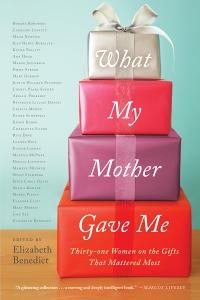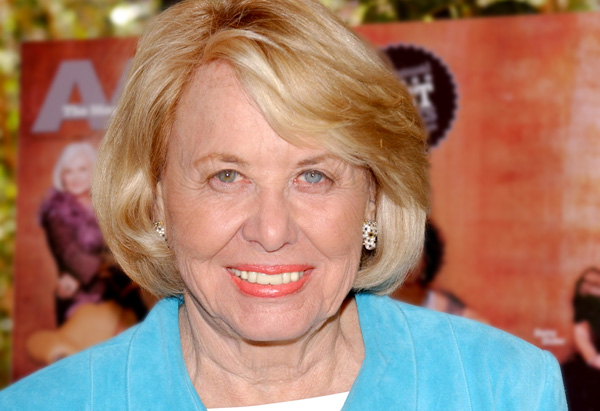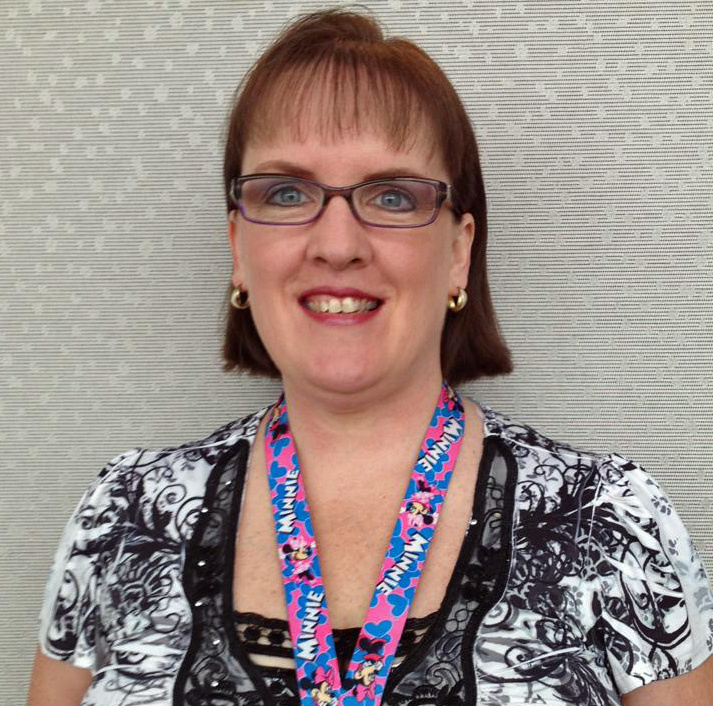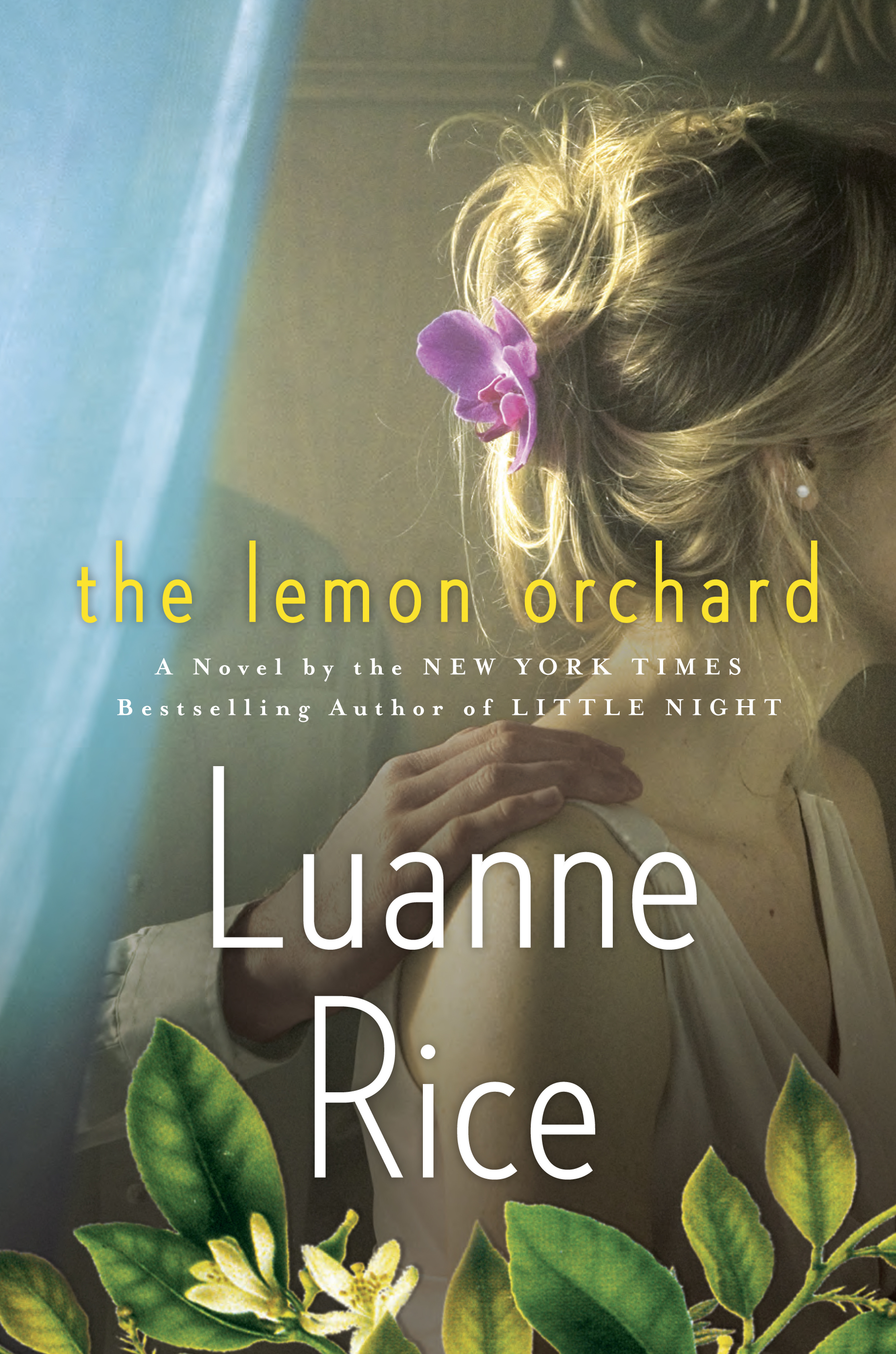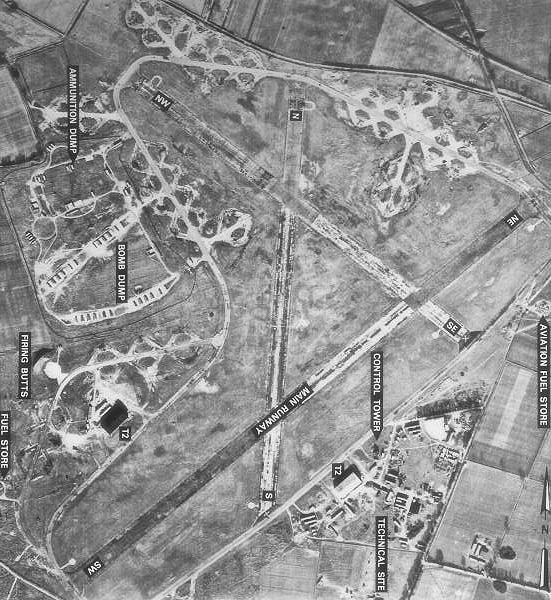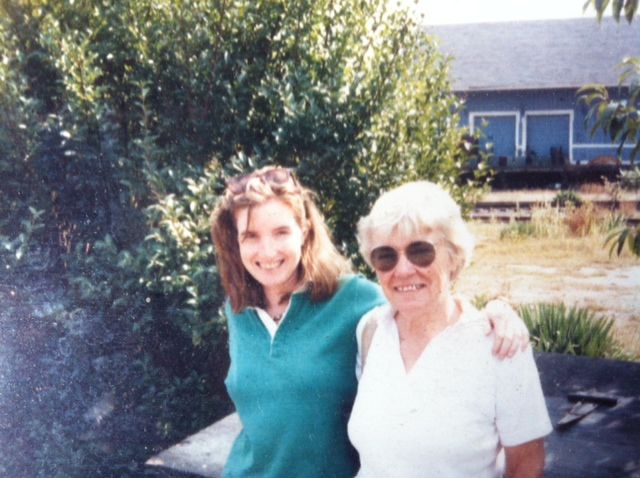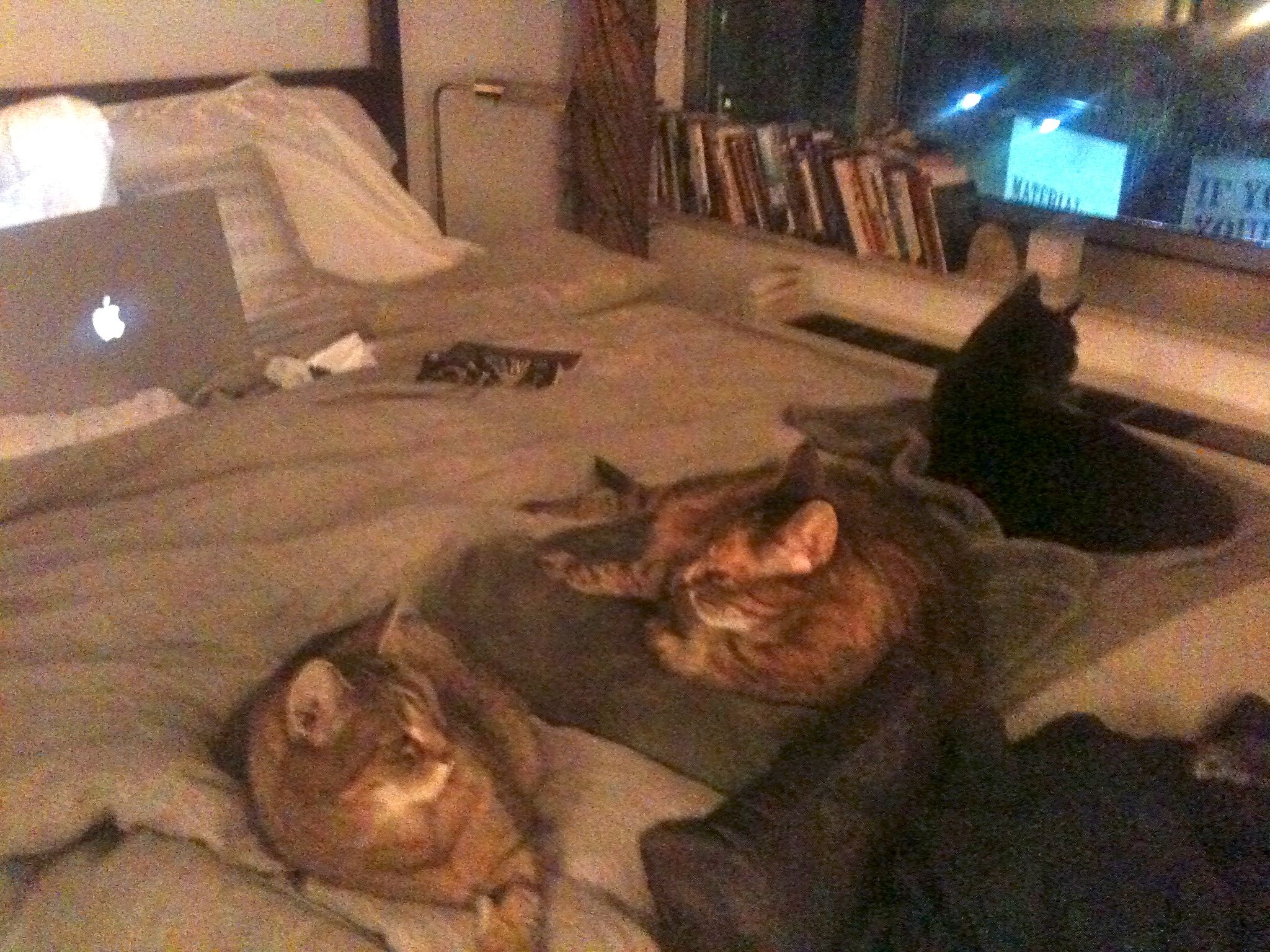 For so long we were four. As someone who knows us well has said, I was the fourth cat. I think that is true. When you spend so much time with beings, and you are together most of the time, your species merge. I do know that I learned to speak their language.
Cats are kindreds in the sense you never have to be your "best" (whatever that is) with them, and they meet you where you are on any given day, in any given mood. That has been true of my girls. They have sat on my desk through book after book, giving me love, being the best friends and companions.
For so long we were four. As someone who knows us well has said, I was the fourth cat. I think that is true. When you spend so much time with beings, and you are together most of the time, your species merge. I do know that I learned to speak their language.
Cats are kindreds in the sense you never have to be your "best" (whatever that is) with them, and they meet you where you are on any given day, in any given mood. That has been true of my girls. They have sat on my desk through book after book, giving me love, being the best friends and companions.
 Maya died on April 5. I called her Mae Mae for a long time, but when we moved to California she wanted to be called Maya and so that's what we called her. She was the sweetest, most loving kitty. I think back to when she was a kitten, those white whiskers and her bright green eyes, and the way she wanted to play and play.
Maya died on April 5. I called her Mae Mae for a long time, but when we moved to California she wanted to be called Maya and so that's what we called her. She was the sweetest, most loving kitty. I think back to when she was a kitten, those white whiskers and her bright green eyes, and the way she wanted to play and play.
Sickness never took the play out of her. She loved to take walks--back home in New York we would walk down the hallway of our apartment building, nothing much to see, but just being together as we strolled from one end of the hall to the other. She had the cutest habit of stopping, looking up to make sure I was following, taking a few more steps, glancing up again, continuing on. 
 In California I'd sometimes take her outside. I'm a believer in indoor kitties--too many dangers out in the world, and I am the biggest worrier around. I'd be afraid of coyotes, cars, hawks...but by the time we reached Malibu she had a diagnosis of lymphoma--the same disease that took Maggie and, decades ago, each of my parents--and I knew she didn't have long.
In California I'd sometimes take her outside. I'm a believer in indoor kitties--too many dangers out in the world, and I am the biggest worrier around. I'd be afraid of coyotes, cars, hawks...but by the time we reached Malibu she had a diagnosis of lymphoma--the same disease that took Maggie and, decades ago, each of my parents--and I knew she didn't have long.
So one day when she stood at the screen door smelling the jasmine and salt scented air, I opened it up and let her out. I followed close by, never let her more than a few feet away. I had done the same for Maggie when, a year ago, she began to die.
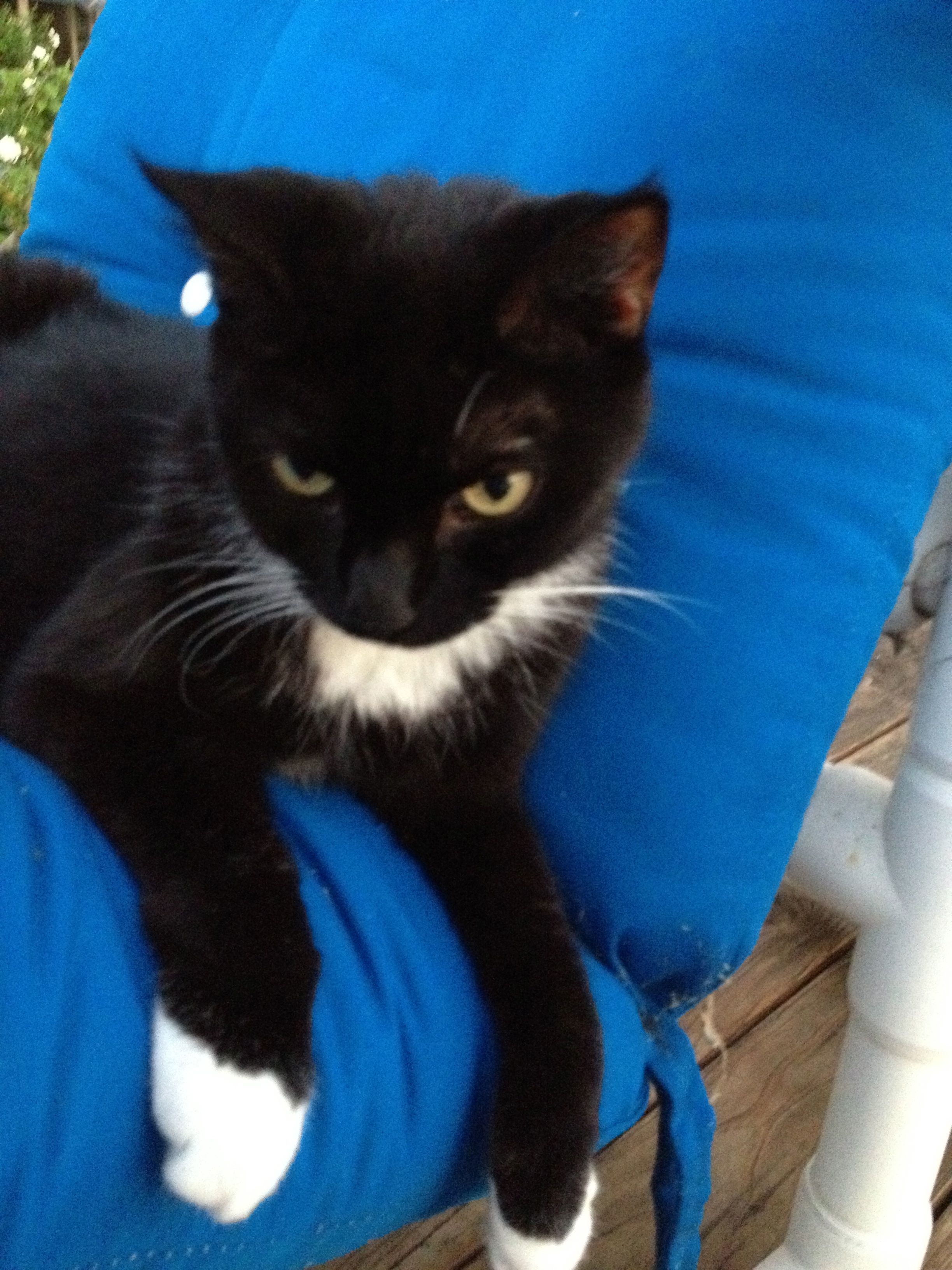 Maya, like Maggie, loved those hours in the garden. We would sit together on the blue thing, and I can only imagine how good the warm sun felt on her black fur. Her hair had started falling out in patches--she wasn't having chemo so it couldn't have been from that, but she seemed to love the breeze and the fresh air. Heading back into the house she would stop on the stone path, glance back just the way she did in our Chelsea hallway walks, make sure I was right there, and keep going toward the house.
Maya, like Maggie, loved those hours in the garden. We would sit together on the blue thing, and I can only imagine how good the warm sun felt on her black fur. Her hair had started falling out in patches--she wasn't having chemo so it couldn't have been from that, but she seemed to love the breeze and the fresh air. Heading back into the house she would stop on the stone path, glance back just the way she did in our Chelsea hallway walks, make sure I was right there, and keep going toward the house.
She died in my arms just past noon on April 5.
Each cat has her own story. Maggie was born on a sprawling farm of red barns and mountain laurel-covered hillsides in Old Lyme CT. Her mother was killed by foxes when Maggie was just days old, and this tiny kitten was taken into a stone wall and fed by a squirrel mother for just a few days--enough to keep her alive. A friend with super powers captured tiny Maggie--she was swift as a bird--and I fed her on a bottle, and she thought I was her mother, and we became each other's family.
 Maggie was a wild kitty and I was a wild woman. This is true. My mother's life was ending, her long illness concluding, and my way of raging against the dying of the light was to behave as recklessly as possible.
Maggie was a wild kitty and I was a wild woman. This is true. My mother's life was ending, her long illness concluding, and my way of raging against the dying of the light was to behave as recklessly as possible.
 Maggie was tiny and fast as a shooting star. She would hide in the most unlikely places. Once she disappeared so totally I thought she was gone forever, but then she jumped down the stone chimney into the fireplace and shook the soot off her fur--she had been hiding on the smoke shelf. Often I would climb into bed and find her under the covers--flattened and invisible to everyone but me.
Maggie was tiny and fast as a shooting star. She would hide in the most unlikely places. Once she disappeared so totally I thought she was gone forever, but then she jumped down the stone chimney into the fireplace and shook the soot off her fur--she had been hiding on the smoke shelf. Often I would climb into bed and find her under the covers--flattened and invisible to everyone but me.
 Maya--"Mae Mae"--came into our lives when Maggie was one. She was also a rescue cat. I got her from Dr. Kathy Clarke, a vet in Old Lyme. Maya was the daughter of a brave cat named Cruella for her black and white streaks. One night when someone left the d00rs open, Cruella patrolled the kennels to keep the dogs at bay, away from her kittens. One of her kittens was Maya, and she inherited her mother's ferocity.
Maya--"Mae Mae"--came into our lives when Maggie was one. She was also a rescue cat. I got her from Dr. Kathy Clarke, a vet in Old Lyme. Maya was the daughter of a brave cat named Cruella for her black and white streaks. One night when someone left the d00rs open, Cruella patrolled the kennels to keep the dogs at bay, away from her kittens. One of her kittens was Maya, and she inherited her mother's ferocity.
 Maisie joined us a few years later. Also a rescue cat, the only survivor of a family who died of diptheria, Maisie is skittish and fears losing everyone and everything. She needs special attention. Traveling upsets her--to put it so mildly. All three were born in Old Lyme CT, raised in New York City, and traveled with me to California when, after lifetimes on the east coast and with little warning to anyone including myself, we just picked up and moved west.
Maisie joined us a few years later. Also a rescue cat, the only survivor of a family who died of diptheria, Maisie is skittish and fears losing everyone and everything. She needs special attention. Traveling upsets her--to put it so mildly. All three were born in Old Lyme CT, raised in New York City, and traveled with me to California when, after lifetimes on the east coast and with little warning to anyone including myself, we just picked up and moved west.
I haven't written about Maya's death--or Maggie's--until now because what is there to say except that they were the dearest girls and I loved them and to say I miss them is the understatement of my lifetime? They are together in the garden now. Maisie and I are alone, and we are trying. It is not easy. For so long we were four, and now we were two. We feel the loss. Yes, we do.
Right now Maisie and I are forming a new relationship. Because she was the third, the baby, she has never been the only kitty--the favorite kitty. And for the first time in her life she is both.






